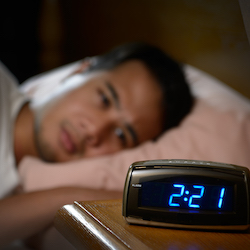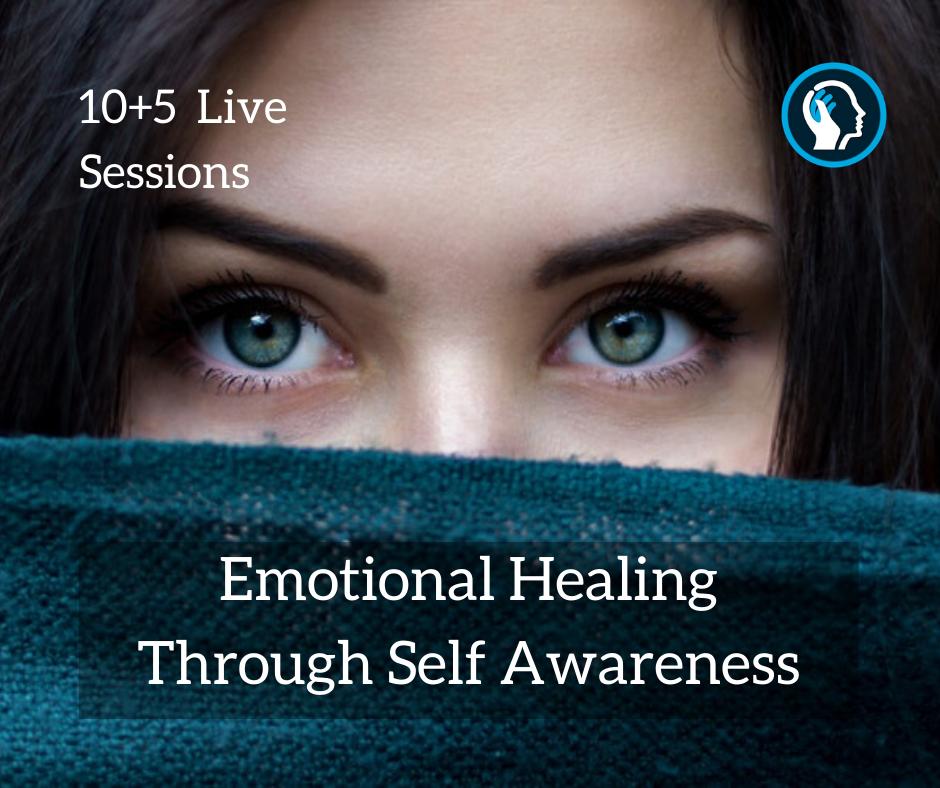
Building Resilience for Thriving Life
Life may not come with a map, but everyone will experience twists and turns, from everyday challenges to traumatic events with more lasting impact, like the death of a loved one, a life-altering accident, or a severe illness. Each change affects people differently, bringing a unique flood of thoughts, strong emotions, and uncertainty. Yet, people generally adapt well over time to life-changing situations and stressful situations - in part thanks to resilience.
We define resilience as the process of adapting well in the face of adversity, trauma, tragedy, threats, or significant sources of stress - such as family and relationship problems, serious health problems, or workplace and financial stressors. As much as resilience involves “bouncing back” from these difficult experiences, it can also affect profound personal growth.

Effortless Sleep Training
Unfortunately, the Stress-Sleep cycle will only continue to get worse: If you do not sleep enough at night, your body boosts its levels of stress hormones. The brain chemicals connected with deep sleep are the same ones that tell the body to stop the production of stress hormones.
Stress often impacts on sleep quality and duration. Stress and a lack of sleep can both have a severe impact on physical and mental health. Experts recommend that people aim for 7–9 hours of sleep a night, depending on their age and other factors.
Sleep training would help you to sleep effortlessly without any medications and struggle. All you will learn in this sleep training is “Understanding about your body and its needs, behaviors affecting your sleep cycle, what practices need to change, sleep activity & how to maintain good sleep from now onwards.

Healing Emotions Through Self Awareness
Millions of us were emotionally abused, neglected by significant people in our lives. Most of us don't realize that we were abused or neglected, and we continue to suffer from different problems throughout our lives because we haven't got the right help we needed.
Some of us internalize the abuse, which manifests as self-destructiveness, anxiety, panic, depression, suicidal thoughts, avoiding people, feeling shy to interact. Resulting, we have developed low self-esteem; we might be living with feelings of guilt, remorse, loneliness, rejection. We end up perceiving ourselves as unworthy & the world around us as a hostile place, and we are bound to fail, leading us not willing to try in dealing with challenges or develop life skills in taking risks. At the center of these struggles resulted in an inadequately developed or destroyed sense of self-awareness with distorted